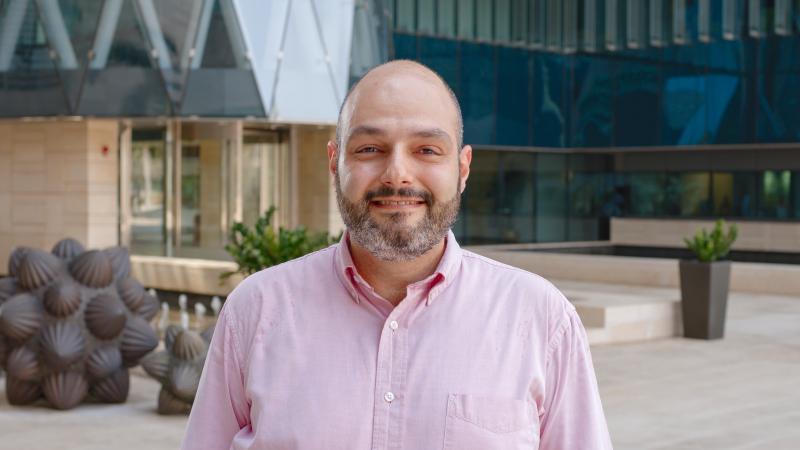Hasan is an Electrical and Computer Engineering MS/Ph.D. student in Image and Video Understanding Lab (IVUL) Group in Visual Computing Center (VCC) at King Abdullah University of Science and Technology (KAUST) under the supervision of Professor Bernard Ghanem.
Education and Early Career
Hasan obtained his bachelor's degree in Electrical and Computer Engineering from American University of Beirut in 2020. He joined KAUST in 2020 to pursue his MS and PhD degrees.
Research Interest
- Deep Learning
- Machine Learning
- Computer Vision
Publications
- Rapid Adaptation in Online Continual Learning: Are We Evaluating It Right?; Authors: Hasan Abed Al Kader Hammoud*, Ameya Prabhu*, Ser-Nam Lim, Philip HS Torr, Adel Bibi, Bernard Ghanem
- CAMEL: Communicative Agents for" Mind" Exploration of Large Scale Language Model Society; Authors: Guohao Li*, Hasan Abed Al Kader Hammoud*, Hani Itani*, Dmitrii Khizbullin, Bernard Ghanem; Computationally Budgeted Continual Learning: What Does Matter?
- Conference: CVPR2023; Authors: Ameya Prabhu*, Hasan Abed Al Kader Hammoud*, Puneet K. Dokania, Philip H.S. Torr, Ser-Nam Lim, Bernard Ghanem, Adel Bibi
Education Profile
- B.E., Electrical and Computer Engineering, American University of Beirut, Lebanon,2020
Awards and Distinctions
- Distinguished Graduate Award for Electrical and Computer Engineering (2020)
- Mohamad Ali Safieddine Endowed Award for Academic Excellence (2020)
- Ranked first on Electrical Engineering Department among the graduating class with a GPA of 4 /4, American University of Beirut
- Dean's honor list award for four consecutive years, American University of Beirut
- Blom Shabeb Scholarship (2016)
- Top 10 Lebanese Students in General Science Official Exams (2016)
